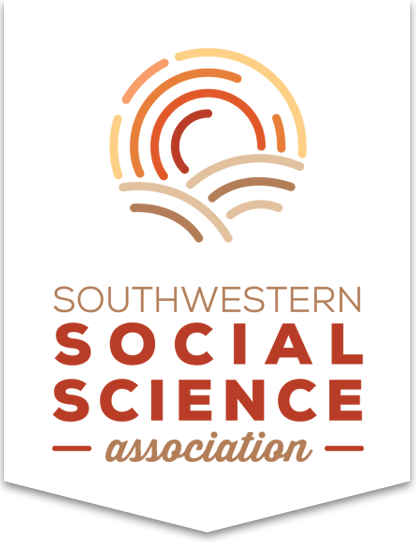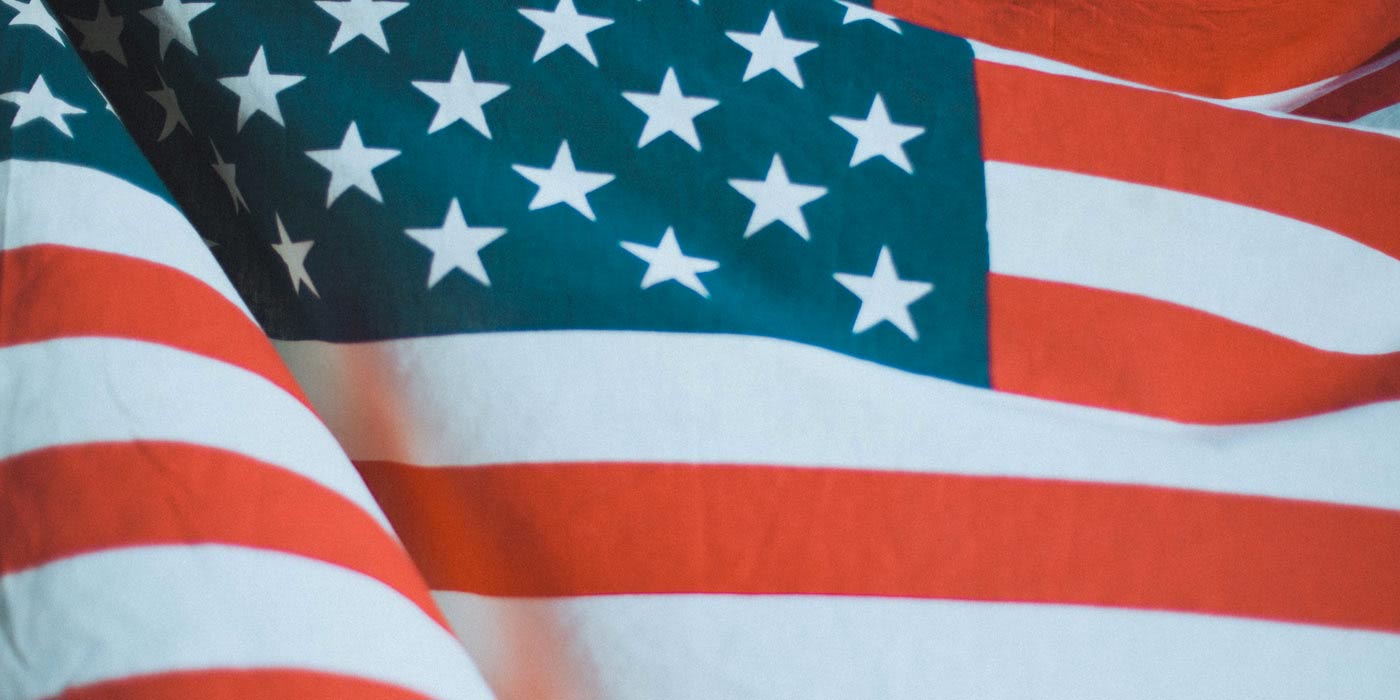The Southwestern Social Science Association approved at its 103rd Annual Meeting the following Resolution on Protecting Academic Freedom:
Whereas state legislatures across the U.S. have passed or are considering laws that target and restrict teaching and training about “divisive concepts.”
Whereas the Southwestern Social Sciences Association, the oldest inter-disciplinary social-sciences association in the U.S., holds that “By way of studying the present and the past, and through pondering possible futures, the social sciences together have a vital mission: promoting knowledge and understanding amid the complexities and transient aspects of today’s world.”
Whereas the study, discourse, and teaching about past and present cultural, social, political, and economic systems and interpersonal issues are central areas of inquiry for all eight SSSA affiliate associations: Economics, History, International Studies, Political Science, Social Work, Sociology, and Women’s and Gender Studies, as well as participants from Anthropology and Psychology.
Whereas the American Association of University Professors (AAUP) affirms the necessity of academic freedom in teaching as “fundamental to the protection of the rights of the teacher in teaching and of the student in learning” and in research as “fundamental to the advancement of truth.” (1940 Statement of Principles on Academic Freedom and Tenure, AAUP)
Whereas the American Association of Colleges and Universities and PEN America regard “the freedom to engage in intellectual debate, and to share ideas and raise questions without fear of retribution or censorship” necessary in teaching and learning and scholarship and research because it “expands the boundaries of knowledge and drives innovation.” (Statement by AAC&U and PEN America Regarding Recent Legislative Restrictions on Teaching and Learning, AAC&U)
Therefore, be it resolved that the Southwestern Social Science Association:
- affirms and defends academic freedom in teaching and learning and in scholarship and research;
- encourages the institutions in which members work to vigorously defend the principle of academic freedom; and
- encourages legislators to fully support academic freedom in teaching and learning and in scholarship and research within their jurisdictions.










